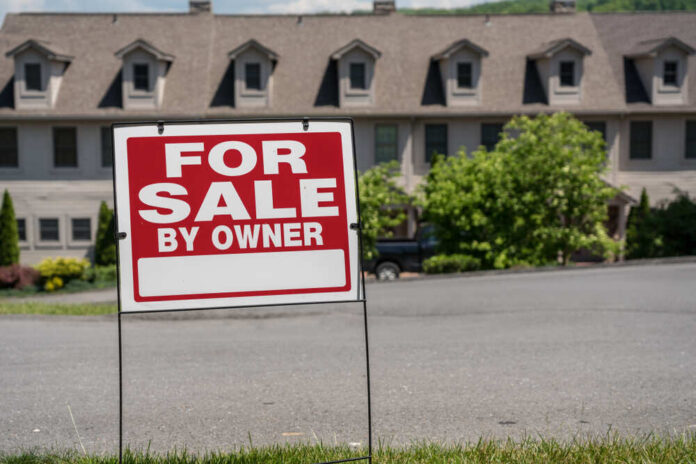
Squatters’ rights and New York’s rules, which seem more permissive than other states, have been the subject of much controversy in the wake of recent events involving squatters in the Big Apple.
The American Apartment Owners Association considers any person who chooses to live on the property or in a building without the proper authorization a squatter.
When landowners attempt to recover their property and squatters assert “their right” to remain, the court battles between the two parties may become overly protracted.
Although “adverse possession” laws protect squatters in every state, the specifics of their enforcement vary from jurisdiction to jurisdiction.
If you live on someone else’s property in New York without their permission and stay for at least ten years in a residential home or twenty years on unoccupied ground, you may claim ownership.
They are expected to take ownership of the property, enhance it as they see fit, and keep it in good repair. They also need to control the property thoroughly and not be allowed to share it with anyone else, even the rightful owner.
Landlords in New York City face a lengthy and complicated eviction procedure when trying to remove settlers from their properties after 30 days of occupancy. This may take up to two years. Owners cannot remove squatters’ possessions or change the locks on their homes until the procedure concludes.
Legal procedures must be followed to remove individuals who assert their right to occupy a property since they cannot be apprehended for trespassing.
A Long Island state assemblyman has introduced a measure that would simplify the process by which a homeowner may evict a squatter from their property, prompting other politicians to respond to this legislation.
According to the newly introduced legislation, settlers are not considered tenants. It also grants rights after 45 days rather than 30, as with most New York City short-term leases.
Instead of going through the cumbersome judicial procedure, the law would also provide the police the authority to intervene and make arrests.














